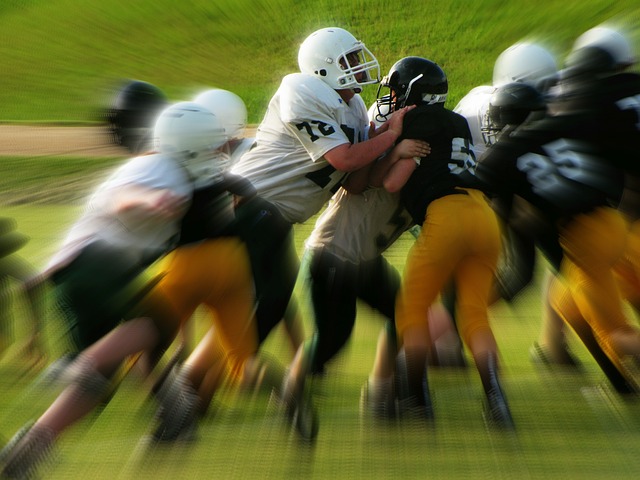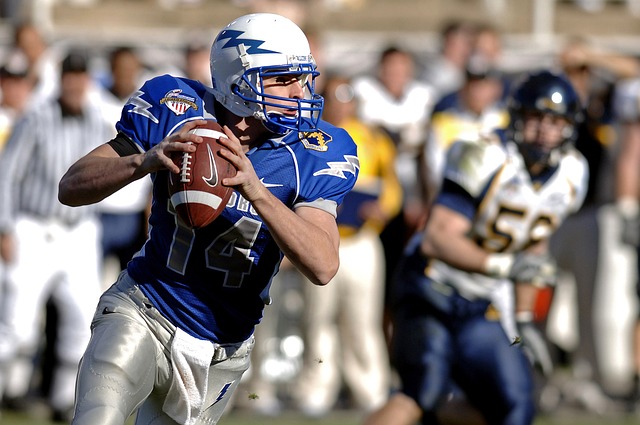Betting on sports is not just about numbers and odds; psychology plays a critical role, especially when wagering on your favorite team. Fans often experience emotional highs and lows that influence their decisions, risk tolerance, and overall gambling behavior. Understanding these psychological dynamics can help players make more rational decisions and avoid common pitfalls.
Emotional Bias and Fan Loyalty
Betting on a favorite team triggers emotional bias. Enthusiasm, loyalty, and personal attachment can distort judgment, leading to overconfidence in the team’s chances of winning.
Key Effects of Emotional Bias
- Overestimating Performance: Fans often believe their team is stronger than the statistics suggest.
- Underestimating Risk: High personal attachment can lead to ignoring unfavorable odds or potential losses.
- Chasing Losses: Losing bets may prompt fans to double down in an attempt to “support” their team financially.
Understanding emotional bias is the first step toward mitigating its impact.
The Role of Cognitive Biases

Several cognitive biases specifically affect sports betting:
- Confirmation Bias: Favoring information that supports your belief in the team’s success while disregarding contrary evidence.
- Recency Bias: Overweighting recent wins or losses when evaluating the team’s future performance.
- Gambler’s Fallacy: Believing that a team is “due” for a win after a losing streak, which can lead to irrational bets.
Practical Tip
Track statistics objectively. Use data and odds to guide decisions, separating fan loyalty from rational betting choices.
Risk Perception and Overconfidence
Fans often perceive lower risk when betting on their favorite team, increasing their willingness to stake larger amounts. Overconfidence can lead to frequent or impulsive bets, reducing overall profitability.
Strategies to Mitigate Overconfidence
- Set strict betting limits independent of team allegiance.
- Compare odds offered on your favorite team to other markets to identify value bets.
- Avoid placing bets when emotionally charged, such as immediately after a big win or loss.
Social Influence and Group Dynamics
Supporting a team often comes with social interaction. Group dynamics can amplify emotional betting tendencies:
- Peer pressure can encourage riskier bets.
- Public celebrations or fan communities reinforce optimism and overconfidence.
- Watching games in groups can increase impulsive bets during critical moments.
Tip: Maintain personal discipline by setting pre-defined bet sizes and limits, regardless of social influences.
Combining Emotion and Strategy

While emotions can cloud judgment, they don’t need to be eliminated entirely. Many experienced bettors harness fan enthusiasm for motivation but rely on structured strategies to guide actual wagers.
- Analytical Betting: Use data-driven models to balance intuition with statistics.
- Bankroll Management: Allocate a fixed portion of your funds for fan-related bets.
- Reflective Play: Review past bets objectively to identify emotional biases.
Conclusion
Betting on your favorite team combines passion, excitement, and risk. Psychological factors such as emotional bias, overconfidence, and social influence can skew decision-making, often leading to impulsive or irrational wagers. By recognizing these tendencies and implementing objective strategies, fans can enjoy the thrill of supporting their team while making informed betting choices.
Ultimately, awareness of the psychology behind fan betting is the key to balancing excitement with rational decision-making in sports gambling.
